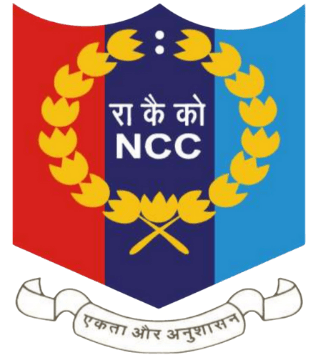Age & Lifestyle-Based Nutrition
- Home
- >
- Age & Lifestyle-Based Nutrition
Nutrition changes significantly at different life stages, and a person’s diet should adapt to their specific age-related needs. A well-balanced diet can support growth, development, immunity, and overall well-being. Let’s break this down into different life stages and their key nutritional priorities:
1. Maternal Nutrition (Pregnancy & Lactation)
A mother’s diet plays a crucial role in the health of both herself and her baby. Proper nutrition during pregnancy helps in fetal development, prevents complications, and ensures a healthy birth. Key nutrients include:
Folic Acid – Prevents birth defects and aids brain development.
Iron & Calcium – Essential for strong bones and preventing anemia.
Protein & Omega-3 Fatty Acids – Supports baby’s brain and tissue growth.
During lactation, the mother’s diet affects the quality of breast milk. Foods rich in healthy fats, protein, and hydration are important to ensure proper milk production.
🔹 Example: Traditional foods like ragi (finger millet) porridge, dry fruits, and homemade ghee are often recommended for new mothers in India for their nutrient density.
2. Infant & Child Nutrition
The first 1,000 days of a child’s life (from conception to 2 years) are critical for cognitive and physical development. Proper nutrition ensures stronger immunity, healthy weight gain, and brain development.
Exclusive Breastfeeding (0-6 months) – Breast milk provides all necessary nutrients and antibodies.
Weaning (6+ months) – Introduction of semi-solid foods like mashed fruits, rice cereal, and dal water.
Balanced Meals (1+ year) – Including protein-rich foods, vegetables, dairy, and whole grains to support growth.
🔹 Example: In Indian households, homemade khichdi (lentils and rice) and mashed banana are commonly given to infants as first solid foods due to their easy digestibility.
3. Adolescent Nutrition
Teenagers undergo rapid growth, and their nutritional needs spike significantly. A diet rich in proteins, iron, and calcium is crucial for muscle development, bone strength, and hormonal balance.
Iron-Rich Foods – Especially for adolescent girls to prevent anemia.
Protein & Healthy Fats – For muscle development and overall strength.
Calcium & Vitamin D – Essential for bone health.
🔹 Example: Including paneer (cottage cheese), nuts, leafy greens, and yogurt in a teenager’s diet can significantly boost bone strength and immunity.
4. Elderly Nutrition
As people age, their metabolism slows down, and they require nutrient-dense foods to maintain strength and prevent chronic diseases.
Protein & Fiber – Helps maintain muscle mass and supports digestion.
Calcium & Vitamin D – Prevents osteoporosis and maintains bone density.
Heart-Healthy Foods – Low-sodium and low-fat diets help manage blood pressure and cholesterol.
🔹 Example: Simple and nutritious foods like dal (lentils), curd, and soft-cooked vegetables are often recommended for elderly individuals as they are easy to digest and provide essential nutrients.
Why Age-Specific Nutrition Matters?
Eating according to life stage needs helps prevent diseases, supports longevity, and ensures overall well-being. A child’s brain growth, a teen’s energy levels, a mother’s pregnancy health, and an elderly person’s bone strength—all depend on a well-balanced diet tailored to their specific requirements.
This approach ensures a lifetime of good health, strength, and vitality by providing the right nutrients at the right time.




